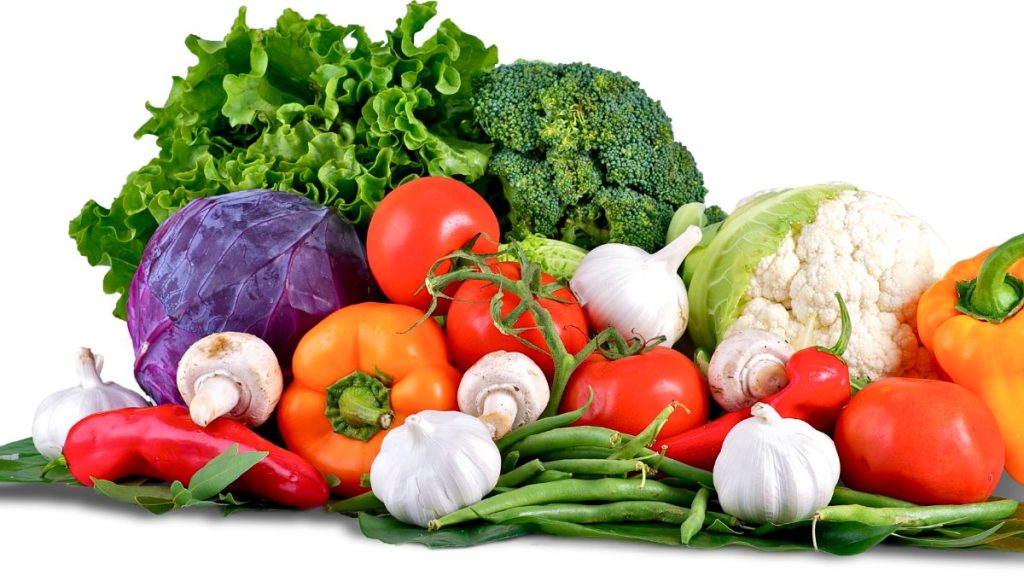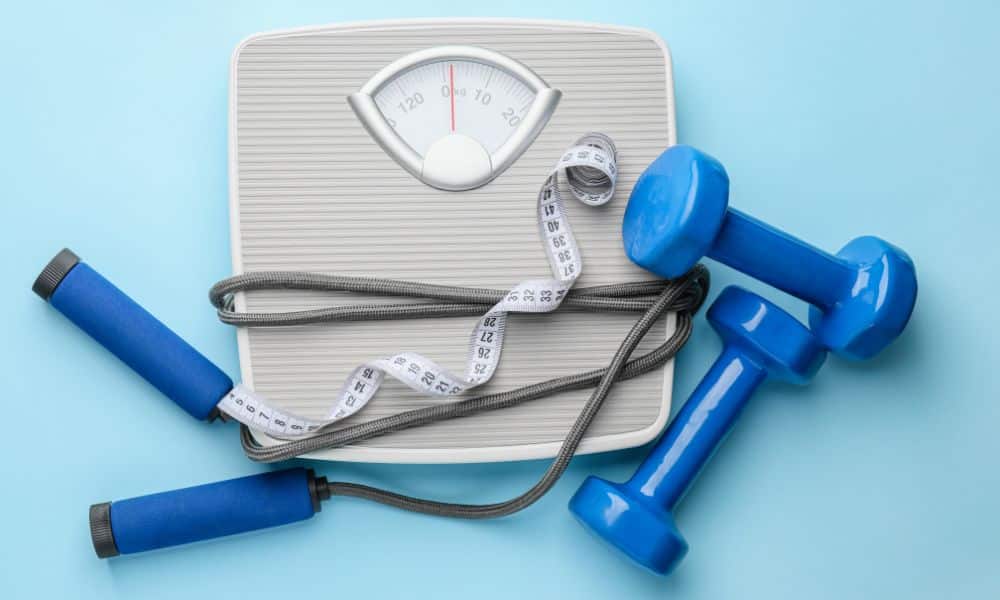Vegetables are a powerhouse for weight loss, offering high fiber, low calories, and essential nutrients. However, not all vegetables are equal when it comes to shedding pounds. Some promote satiety and fat burning, while others, like starchy vegetables, should be eaten in moderation. In this world series of vegetables for weight loss, we’ll explore the best contenders to help you reach your goals.
Why Are Vegetables Important for Weight Loss?
The key to losing weight is maintaining a calorie deficit, meaning you must consume fewer calories than you burn. Vegetables support this process by providing fiber and water, which keep you full, while being naturally low in calories. In contrast, processed foods are often high in calories and low in nutrients, making weight loss more challenging.
The Top Contenders for Weight Loss
Some vegetables stand out as champions in the battle against excess weight. These nutrient-dense, low-calorie foods help control hunger, boost metabolism, and provide vital vitamins and minerals.
- Leafy Greens (Spinach, Kale, Lettuce, Swiss Chard)
- High in fiber, which promotes fullness
- Low in calories, allowing for large portions without excess energy intake
- Packed with vitamins A, C, and K, supporting overall health
- Cruciferous Vegetables (Broccoli, Cauliflower, Brussels Sprouts, Cabbage)
- Rich in fiber and antioxidants that reduce inflammation
- High in protein compared to other vegetables, aiding muscle retention
- Help regulate digestion and improve gut health
- Cucumbers
- Over 95% water, making them hydrating and refreshing
- Very low in calories, making them a great snack option
- Contains antioxidants that support metabolism
- Bell Peppers
- High in vitamin C, which helps burn fat
- Low in calories and high in fiber
- Provide natural sweetness without excess sugar
- Zucchini
- Low in carbohydrates and calories, making it a great alternative to pasta
- High in water content, which helps with hydration
- A good source of antioxidants and fiber
- Asparagus
- A natural diuretic that helps reduce bloating
- High in fiber, supporting digestion and fullness
- Contains compounds that support gut health
Vegetables to Eat in Moderation
While all vegetables have health benefits, some contain more starch and calories, which can slow weight loss if eaten in excess. These should be consumed in controlled portions:
- Potatoes (White, Sweet, Russet)
- Higher in carbohydrates and calories than non-starchy vegetables
- Can lead to blood sugar spikes if not paired with protein or fiber
- Best consumed in moderation and prepared healthily (baked or boiled, not fried)
- Corn
- Naturally high in sugar and carbohydrates
- Can be easy to overeat, especially in processed forms like chips
- Best eaten in small amounts with other fiber-rich foods
- Peas
- Higher in carbohydrates than most vegetables
- Still a good source of protein and fiber, but best in moderation
- Works well in balanced meals with lean protein
- Carrots
- Higher in natural sugars than leafy greens or cruciferous vegetables
- Still low in calories but best eaten raw or lightly cooked
- A great snack when paired with hummus or nuts
How to Incorporate More Weight-Loss-Friendly Vegetables
To get the most out of these fat-burning vegetables, follow these simple strategies:
- Prioritize fiber-rich vegetables like leafy greens, broccoli, and peppers in most meals.
- Use vegetables to replace high-calorie foods by swapping pasta for zucchini noodles or using lettuce wraps instead of bread.
- Eat vegetables raw or steamed instead of fried or covered in heavy sauces.
- Start meals with vegetables to increase fullness before eating calorie-dense foods.
- Snack on low-calorie veggies like cucumbers, bell peppers, and celery to curb cravings without excess calories.
Conclusion
In the world series of vegetables for weight loss, leafy greens, cruciferous vegetables, and hydrating options like cucumbers and zucchini take the top spots. These vegetables help control hunger, boost metabolism, and support overall health without adding excess calories. While starchy vegetables like potatoes and corn have their place in a balanced diet, they should be eaten in moderation. By making vegetables the star of your meals, you can create a sustainable and effective weight-loss strategy.
Read Next…
- 1,000 Hours Outside: How To Get Your Kids Outdoors More
- The World Series of Vegetables for Weight Loss: Which Ones Help You Burn Fat?
- The Battle of Fruit for Weight Loss: Which Ones Help You Shed Pounds?
- Keeping Up With Your Workout Routine As the Heat Returns
- Best Skills to Improve Health and Fitness Without Diet or Exercise




